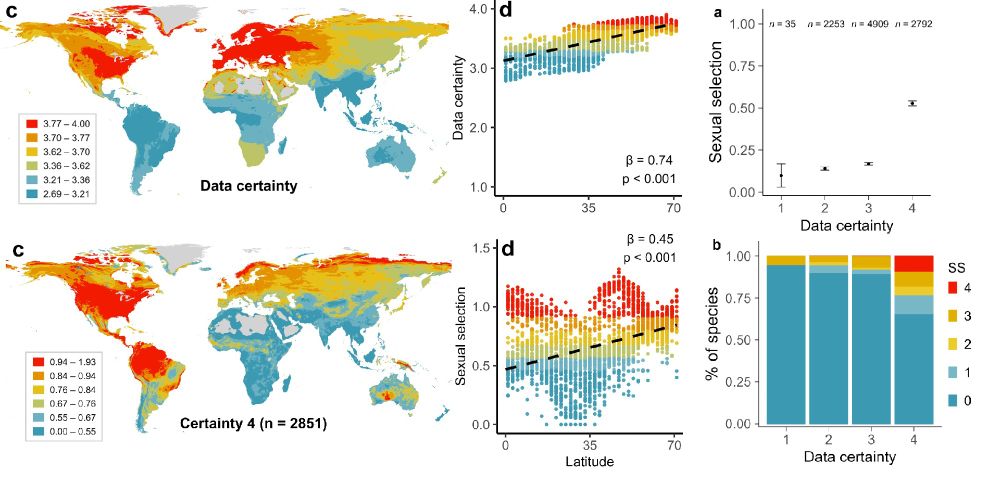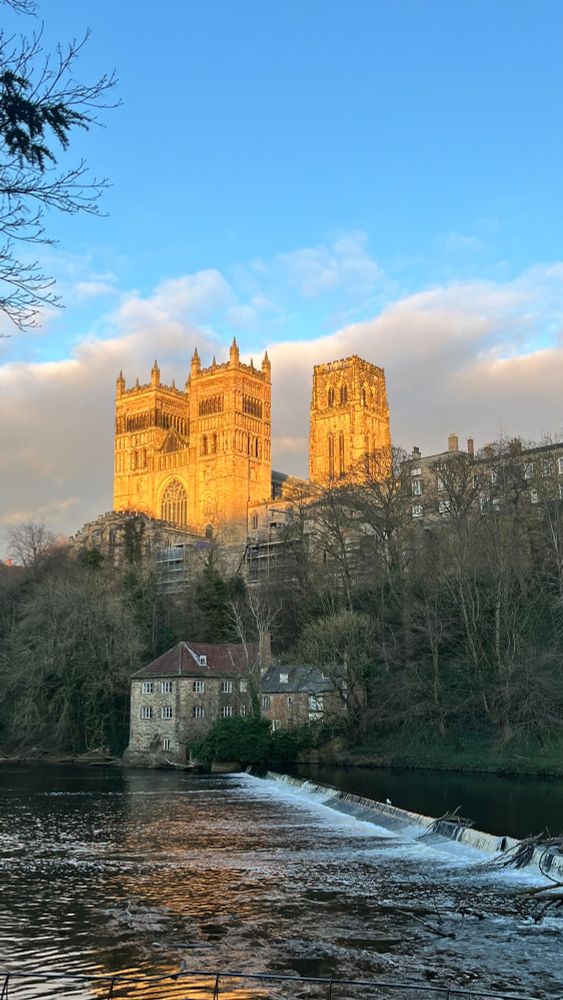Rob Barber
@ra-barber.bsky.social
84 followers
41 following
10 posts
Data-y ecologist researching tradeoffs between biodiversity and climate change at Kew Gardens. Mostly work on fungi + birds / but also anything + everything nature-y.
He/Him.
Posts
Media
Videos
Starter Packs
Reposted by Rob Barber
Reposted by Rob Barber
Rob Barber
@ra-barber.bsky.social
· Dec 13
Rob Barber
@ra-barber.bsky.social
· Dec 13
Rob Barber
@ra-barber.bsky.social
· Dec 13
Reposted by Rob Barber








